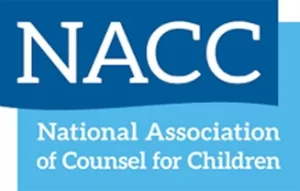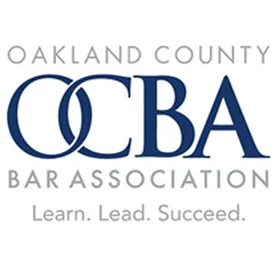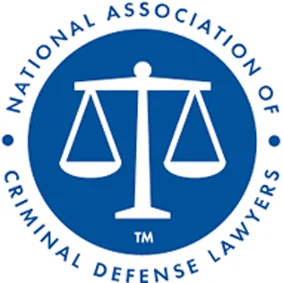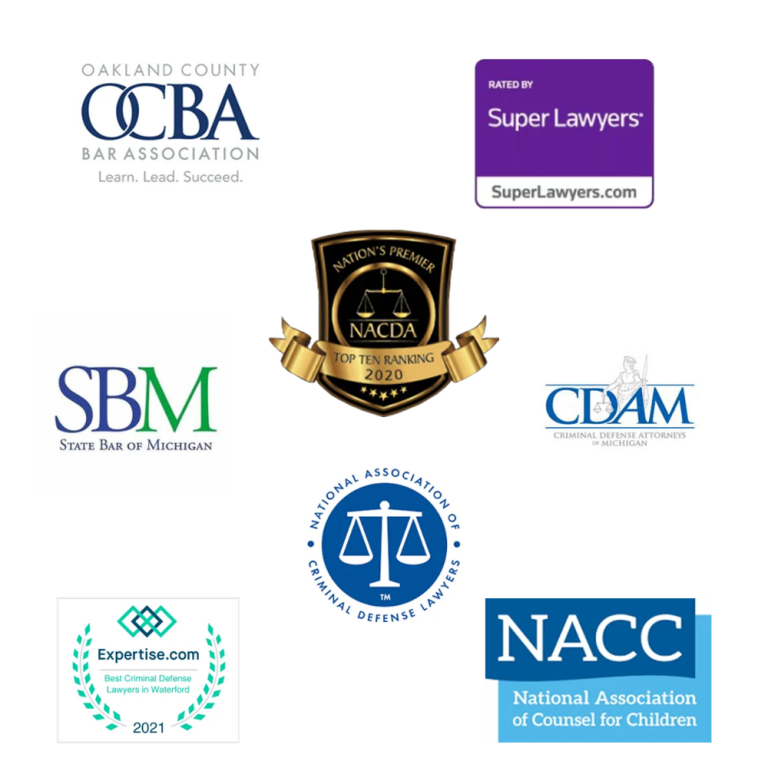Strange federal laws put focus on the choice to file charges
On Behalf of Kirsch Daskas Law Group | Dec 13, 2019 | Federal Crimes |
It is a federal crime to make an “unreasonable” gesture at a passing horse in a National Park, according to a recent book.
This year, people found reasons to think seriously about this silly book. Some reasons were political, such as pointing to it to argue the government is too involved in our lives.
But one writer on the New York Times editorial page reminded us that with so many and varied crimes in the statutes, federal prosecutors cannot file criminal charges against everyone who breaks a law. They make decisions to charge and they also make decisions not to charge.
“Prosecutorial discretion” is a critical law enforcement tool
Prosecutorial discretion means that agents of the government, including police officers and prosecuting attorneys, have the power to decide if they should or should not charge a person with a crime. They can also choose to file a lesser charge.
You may not do prison time if you testify against the dealer who sold you drugs. Or a state trooper might give you just a speeding ticket but decide not to cite you for your broken brake light.
Power comes with serious ethical questions
Although the public may not often think about it, prosecutorial discretion is an enormous power.
For example, whether and how officials use their discretion to discriminate based on race, class, gender and other ways remains controversial.
There are also serious ethical questions from less contentious issues, like disputes over which cases should occupy the courts’ time and which should not.
Good decisions guard the government’s power
And then there is another ethical question a prosecutor must think about.
The author of the book says that allowing your falcon to appear in a film is a federal crime. So is squirting aerosol cheese into your own eyes.
It is easy to make many good laws sound absurd when you frame them with the goal of mocking them.
A closer look often makes it clear that the law may have a useful purpose. It is probably wise to avoid making unreasonable gestures near a horse in a national park, for example.
But part of a prosecutor’s job is to continue earning the public’s trust. Sometimes not charging and not trying a crime looks like and often is a proper use of public resources.










